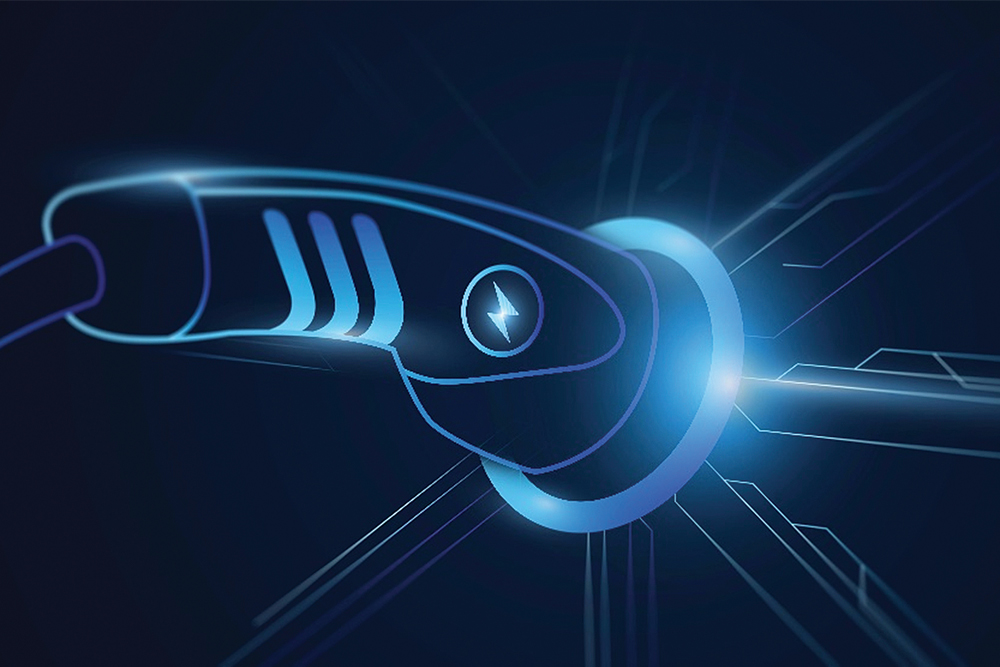
Everyone, from Tata to Ferrari, is moving to an electric drive, and with certain parts of the world passing legislation to ban cars that run on fossil fuel, the future of the automotive industry seems certain.
Just driving around the capital, one would undoubtedly notice that quite a few electric cars have taken to the streets. Could it be: what Covid lockdown was to remote working, the recent petroleum shortages would be to electric driving? Maybe.
At first glance, going electric seems like the most sensible thing to do. These cars are quiet, efficient, and don’t churn out harmful gases into the environment. Still, the scene is eerily similar to when gas-powered engines first hit the scene. Before cars were a thing, even in the so-called developed side of the world, horse-powered carriages were all the rage. These carriages would get you from point A to B, but were slow and caused quite a lot of pollution. After all, the horses had to do their business somewhere, and that somewhere would more often than not be the road.
Compared to having horse faeces everywhere, the pollution done by a little bit of smoke in the air seemed minuscule. Diesel-powered cars were cheaper as they didn’t need food when idle. They provided instantaneous power at the push of a pedal. In short, they were awesome. Little did we know, the bill came due.
The story is oddly the same today with electric vehicles (EVs) threatening to wipe out traditional engines. Yet again, the EV seems too good to be true. However, as the projections stand now, we might have even lesser resources to go electric than we did for motor engines. You see, right now EVs need a number of precious metals to operate — most notable of which is lithium.
Sometimes referred to as ‘white gold’ this soft metal is essential in manufacturing batteries. The average EV needs about eight kilograms of this stuff to make its batteries, as per data published by Argonne National Laboratory of the US Department of Energy. The global reserves of this precious metal could help power about 2.5 billion electric vehicles. That might seem like a lot of cars, but we would need about two billion cars just to replace the existing petroleum ones.
If we end up destroying other parts of the world in search of minerals to drive a car that runs on energy produced from questionable power-plants, is it really that much better than driving diesel?So, is that really enough? Not by a long shot. These are global reserves we are talking about. Meaning, all the lithium we could potentially extract, and not what we are capable of extracting on short notice. Perhaps, developments in battery technology would allow us to bypass this barrier too. Even if that becomes a reality, the underlying problem still remains — dirty energy. Just take a look around the room that you are in, the energy demand has only been increasing in the last few decades. Unless we, as a species, do not find sustainable ways to make clean energy available to everyone, the problem is not really addressed. Today, thermal and nuclear power plants are still major sources of global energy. Thankfully, Nepal has been one of the few countries that predominantly relies on hydropower, which is a clean source of energy; Nepal doesn’t have that big a footprint in global energy consumption. Am I painting EVs out to be a redundant mistake in human history? No. I believe that going electric is a step in the right direction. Even contrasting the advantage it has over the traditional engine, EVs are well worth it. However, the promise of a greener future, coming from EVs, could still turn out to be a pipeline dream. Electric vehicles have crossed the threshold and broken into the mainstream. Recent projections suggest that EVs would be the new mainstream in the next couple of decades. Therefore, it is important for consumers to understand, it is not that EVs are going to bring us a cleaner, greener future. There is more to the story. If we end up destroying other parts of the world in search of minerals to drive a car that runs on energy produced from questionable power plants, is it really that much better than driving diesel? READ ALSO:
Published Date: December 4, 2022, 12:00 am
Post Comment
E-Magazine
RELATED Tech Talk




